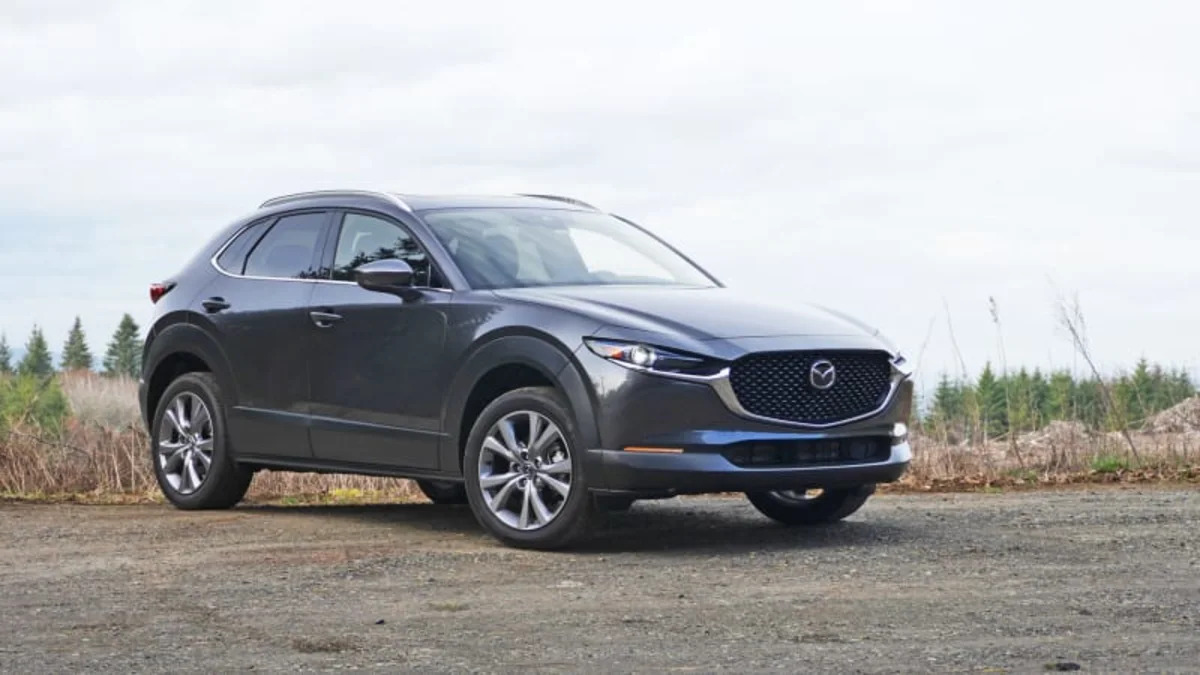As automakers announce third-quarter sales results, analysts are expecting good news to come out of what functionally amounts to the first full quarter of post-lockdown auto sales in the United States. Supply constraints and fluctuating public health guidelines have held the recovery back, but with COVID restrictions easing for the most part, Americans are buying.
Since many automakers now report sales only quarterly, the end of September's reporting period means we get figures from all across the industry, and the news is fairly universal. Sales volumes are down a good bit compared to 2019, but retail customers are by and large returning to showrooms. As an added bonus, the same calendar fluke that made August a bit of a dud is throwing a bone to September's numbers, which include the Labor Day weekend this year (unlike in 2019).
Toyota's overall sales dipped 11 percent in the third quarter, but Lexus actually managed a 2% improvement over the same period in 2019. Honda reported a strong September (up more than 11% overall) but company-wide sales are still down compared to 2019 when looking at the full year.
Hyundai said on Thursday its U.S. sales rose 5% in September, led by a quick recovery in demand for its high-profit SUVs. The automaker said sales in September rose to 54,790 vehicles, compared with 51,951 units in the same month in 2019. Sales volume for Hyundai’s Palisade and Santa Fe SUVs jumped 38.5% to a total of 16,307 vehicles. Hyundai’s third-quarter sales, however, fell 1% to 170,828 vehicles.
Genesis is still down more than 24% in 2020, due in part to both the effects of the coronavirus pandemic on shopping habits and the fact that Hyundai's luxury subsidiary is still dependent on an all-sedan lineup.
FCA reported a 10 percent decline in Q3 compared to 2019, but said its retail volumes have bounced back nearly enough to offset the tanking demand for fleets. Alfa sales jumped in the third quarter, but remain down for the year. Even Ram wasn't immune, slipping 2.2% June-September.
"The results reflect the hard work our dealers have done throughout the third quarter as they worked through the COVID-19 restrictions while still improving our sales over the prior months," U.S. Head of Sales Jeff Kommor said. “Jeep and Ram are hot and we continue to prioritize deliveries to our dealers who are asking us to ship as many vehicles as we can build."
GM reported an identical 10% drop in total volume compared to last year, and similar gains on the retail front. Ford's third quarter figures are still forthcoming, but we expect them to come within the next few business days; they are typically announced just ahead of the company's quarterly financial call.
Mazda saw a significant uptick in its September results, closing out nearly 30% ahead of last year on strong sales of its CX-30, CX-5 and CX-9 crossovers and a surprisingly solid contribution from both the Mazda6 sedan and Miata. Subaru likewise saw a return to form, recording its best September sales in history (and best month of sales in 2020, though that's less significant in this climate).
"The automotive industry continues to perform better than initially expected with retail sales down just six percent compared with last year. We’re also seeing one of the best SAARs since March and used vehicles forecast to be up year-over-year for the fourth consecutive month,” ALG analyst Eric Lyman, said last week. “From a quarterly perspective, new vehicle retail sales are up 27% and used vehicle sales are up 26% quarter over quarter."
By far, the worst news so far has come from Nissan, which remains in tailspin. Group sales slid more than 30% in the U.S. last quarter, with an almost perfectly even drop-off between both the core Nissan brand and luxury subsidiary Infiniti. Mitsubishi was the sole bright spot, managing a 1.6% uptick in Q3.
Consumer demand for high-profit SUVs and pickup trucks in the United States has recovered rapidly since spring after hitting a pandemic-fueled bottom in April, pushing automakers to ramp up production and boost lean inventories at dealerships.
"Large truck sales continue to spike as many consumers gravitate toward home improvement projects to enrich their home environment where they are also working and spending more of their leisure time," Lyman said.
Fleet sales remain severely depressed. ALG predicted September's fleet volume would be effectively flat compared to August, and still down nearly 50% compared to 2019.
This article includes reporting by Reuters.


Sign in to post
Please sign in to leave a comment.
Continue